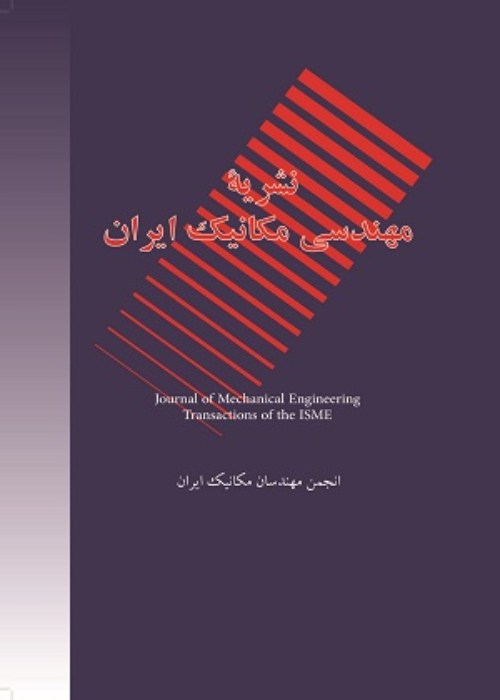Comparison of the effect of cognitive-behavioral therapy and dialectical behavioral therapy on perceived stress and coping skills in patients after myocardial infarction
Among the cardiovascular diseases (CVDs), myocardial infraction (MI) is one of the main causes of mortality around the world. A diagnosis of MI may be followed by psychological problems, such as depression, anxiety, and stress. Therefore, psychological interventions can be beneficial in routine treatment. The purpose of this study was to compare the effect of cognitive-behavioral therapy (CBT) and dialectical behavioral therapy (DBT) on perceived stress and coping skills in patients after MI.
This study was a randomized clinical trial with a pretest-posttest design and control group. The statistical population consisted of 45 patients after MI who referred to Noor Heart Clinic in Rasht, Iran, between 2018 and 2019. They were randomly divided into 3 groups of 15 individuals (2 interventions including CBT and DBT, and 1 control group). In the intervention groups, participants underwent 8 weekly 90-minute sessions. Data were collected using a 3 part self-report questionnaire including a demographic information form, the Ways of Coping Questionnaire (WCQ), and the Perceived Stress Scale-14 (PSS-14). The statistical methods used for data analysis included chi-square test, one-way ANOVA, repeated-measures ANOVA, and post hoc Bonferroni test.
We found significant main effects of group (F(2,42)=6.11; P=0.005) and time (F(2,84)=28.48; P<0.001), and a significant group-by-time interaction (F(4,84)=8.97; P<0.001) on perceived stress scores. For problem-focused coping scores, findings indicated significant main effects of group (F(2,42)=7.33; P=0.002) and time (F(2,84)=30.71; P<0.001), and a significant group-by-time interaction (F(4,84)=12.86; P<0.001). For emotion-focused coping scores, the results also indicated significant main effects of group (F(2,42) = 17.41; P < 0.001) and time (F(2,84)=31.74; P<0.001), and a significant group-by-time interaction (F(4,84)=14.90; P<0.001).
The current study revealed that DBT was more effective in improving emotion-focused coping than CBT.
- حق عضویت دریافتی صرف حمایت از نشریات عضو و نگهداری، تکمیل و توسعه مگیران میشود.
- پرداخت حق اشتراک و دانلود مقالات اجازه بازنشر آن در سایر رسانههای چاپی و دیجیتال را به کاربر نمیدهد.


